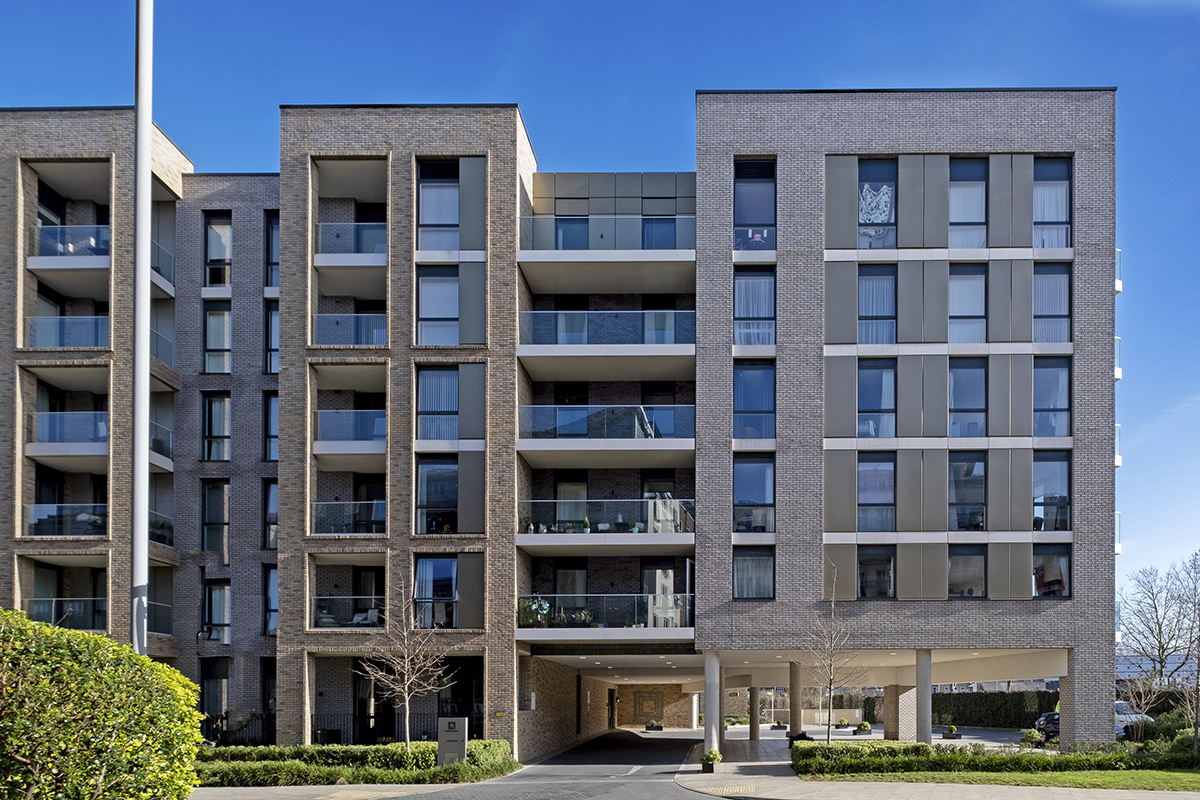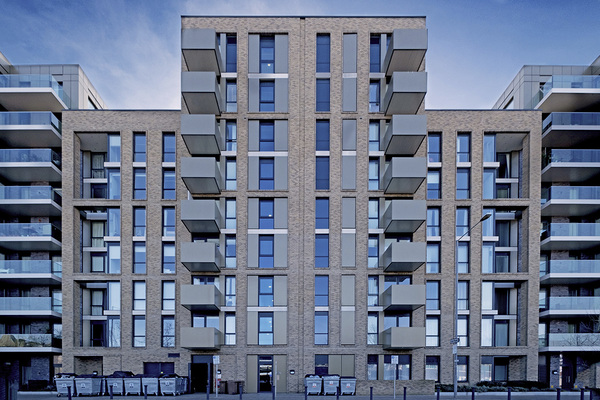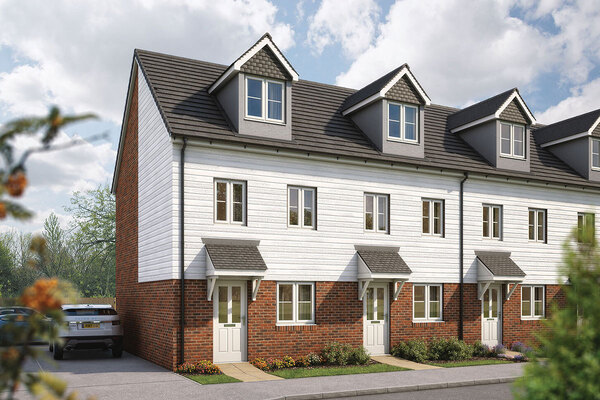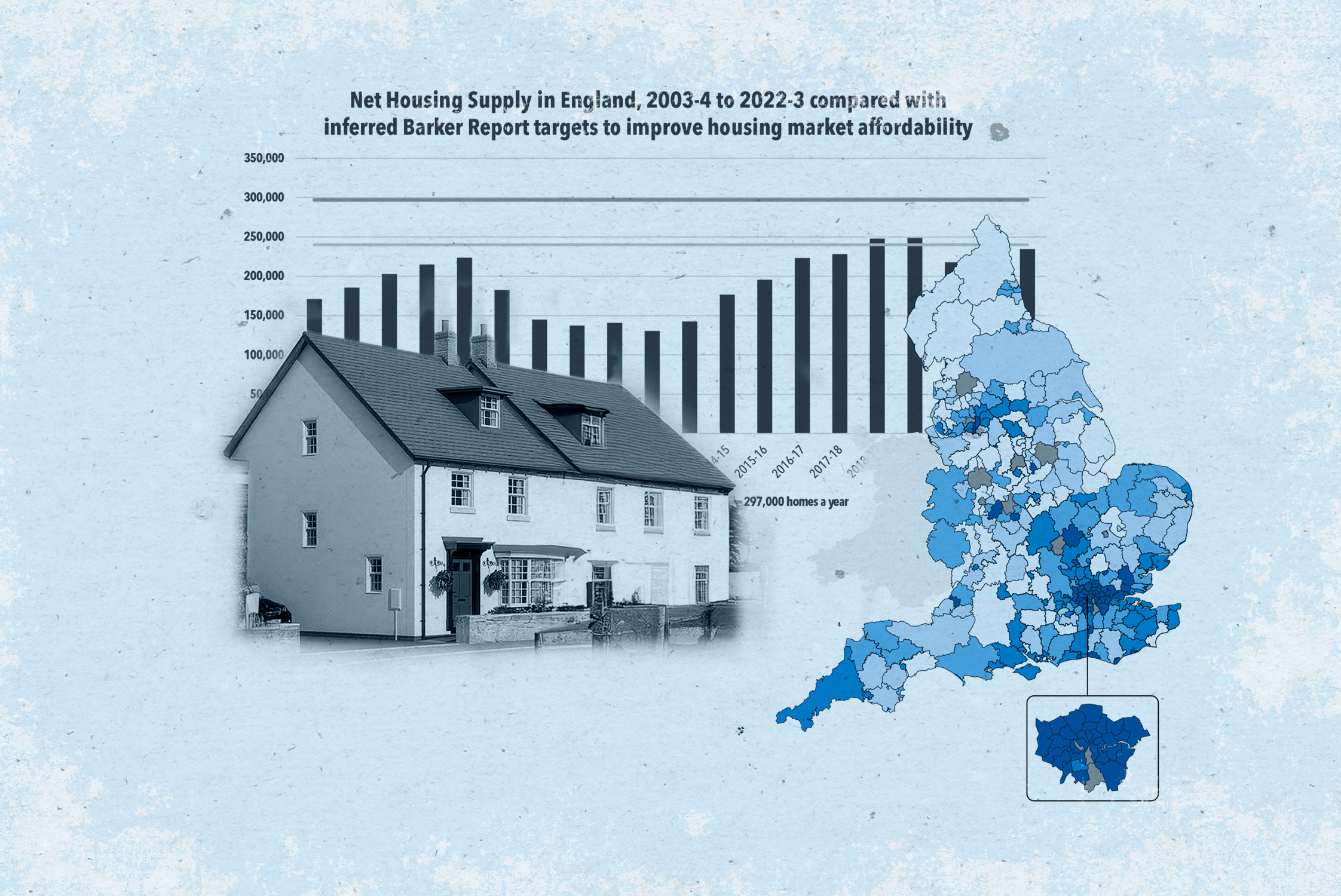You are viewing 1 of your 1 free articles
Gap in regulation leaves shared owners less able to extend lease where landlord is not the freeholder
Shared owners who have purchased a flat on an estate where the landlord is not the freeholder are less able to extend their lease under the statutory route.
One legal expert told Inside Housing that this is due to a “loophole” in shared ownership legislation that is poorly understood.
This issue came about after a resident of Metropolitan Thames Valley Housing (MTVH), who wished to remain anonymous, shared her attempt at trying to extend her lease at Printing House Square in Guildford.
She bought a 30% share in 2009 with a 99-year lease, of which there are around 83 years left.
In attempting the lease extension process over the past few years, the resident found that buyers are reluctant to purchase a flat where they will need to extend the lease in the short term.
It is significantly more expensive to extend a lease once there are fewer than 80 years remaining. This is due to the marriage value.
In this case, there are four interested parties: the freeholder, the head leaseholder, MTVH and the shared owner. The head leaseholder has a 999-year interest in the lease.
But as MTVH only has a 125-year interest in the lease, if the resident uses the informal lease extension route, the landlord can only offer her an additional 25 years.
The only way the resident can extend her lease by more than 25 years is to staircase to 100%, something she is unable to afford at the moment.
Extending the lease under the statutory route would give her the right to a 90-year extension and a peppercorn ground rent. However, as MTVH is not the freeholder, this is complicated and expensive.
Under the statutory route, the resident would have to pay fees to not only extend her lease with MTVH, but also the housing association’s fees to extend its lease with the freeholder.
This is a process the resident believes would probably cost more than her share of the property is worth.
The 57,000-home landlord described the situation as “difficult” and said it shared the resident’s frustration.
A spokesperson for the association added: “MTVH is not the freeholder. Therefore, under existing regulation, we are only able to offer a voluntary lease extension by an amount just short of the term left on our own lease, which in this case is 25 years.
“MTVH has worked extensively to safeguard the affordability of shared ownership. This has included… removing ground rents and scrapped marriage value – the added premium to a property’s price following lease extension – on all leasehold products where MTVH is the freeholder.
“All new leases where MTVH is the freeholder are now set at 990 years with existing leaseholders, including shared owners, better able to extend their lease through the abolition of the marriage value.
“We are continuing to call for these measures to be applied across the sector and to all existing leaseholders, including shared owners, as well as those who are new to the sector.”
MTVH said it will continue to work with the shared owner in this case to see what other options it is able to offer and advise on the sales process.
Earlier this year, MPs called for “urgent” reforms to shared ownership, after an inquiry found uncapped service charges, rising rents and unfair maintenance costs mean it is unaffordable.
On this latest issue, consultant solicitor Zahrah Aullybocus said: “It’s a loophole – you have to have enough years left on your own lease to be able to grant an extension.
“So if the head lease needs extending they have to pay for that, but usually head lease is for a number of properties not just one. So they won’t make one owner pay to extend a head lease that covers a few properties.
“It is something that I think housing associations have not been advised properly when they are purchasing as acquisitions are done on a commercial basis with little thought as to what is required on a residential resale.”
Researched published in July found that shared ownership has added £6.5bn to housing associations’ turnover in the past decade.
Sign up for our regulation and legal newsletter
Already have an account? Click here to manage your newsletters












